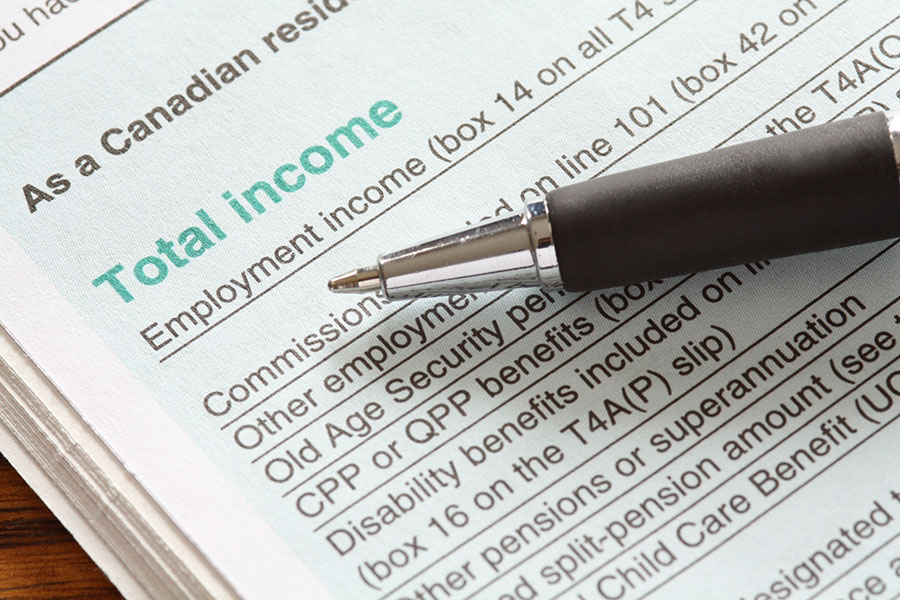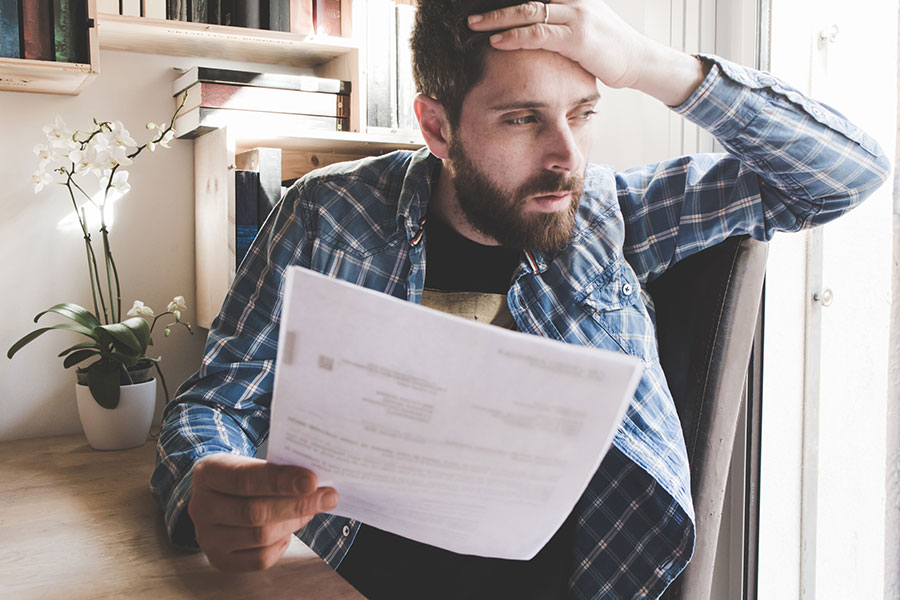The government will need assistance for all the assistance it’s given
When thinking about the impact of COVID-19 on our taxes, Accounting instructor Stacey Cooper likens it to the First World War. In 1917, the Canadian government introduced income tax as a temporary measure to battle mounting debt from the conflict.
As we all know, “it never left,” she says. “In that same vein, I think the measures that have come through recently will, in some capacity, have a long-lasting tax and economic impact.”
Largely because of financial aid the federal government has provided to Canadian individuals and businesses, the national deficit for the year is projected to be at least $381 billion. In 2019-20 it was a relatively modest $22 billion.
Some aspects of history, then, are repeating. “This government needs to pay off a massive amount of debt that has accumulated,” says Cooper. When it comes to that repayment, otherwise known as taxes, “What does COVID mean to everyone?”
CERB was taxable income

Almost nine million Canadians applied for the Canadian Emergency Response Benefit. Starting in mid-March, the federal government began making payments of $2,000 every four weeks to Canadians the pandemic put out of work. As of Oct. 4. (CERB ended on Oct. 3), that amounted to a total payout of $81.64 billion.
Cooper points out that none of it was taxed when it went out. “This money was full income without withholdings,” she says, unlike a conventional paycheque that comes with deductions for CPP, EI and income taxes. “That’s not the case with the CERB.”
Not yet, at least. Eventually, Canada Revenue Agency will be looking for its cut.
Not everyone was eligible

In fact, CRA might be looking for even more. CERB went out fast and furious to meet an unprecedented need for income; that is, subsidize now and ask questions later.
Those questions, says Cooper, may be about eligibility. As a practicing accountant in addition to being an instructor, she has seen cases in which applicants – who were required to self-assess for the benefit – successfully received CERB only to later find out they did not qualify.
CRA will audit accounts, says Cooper. “In some cases, some people will have to pay it back.”
Students should be OK

Because of tuition tax credits, Cooper isn’t too worried about students who received CERB or the Canadian Emergency Student Benefit. The credits generally offset a “good chunk” of any income earned during the year, she says, likely eliminating the possibility of a tax bill.
What everyone else can do

“The general public won’t have those types of credits and deductions,” says Cooper.
In normal years, Cooper might recommend people try to lower their income taxes by contributing to RRSPs or giving to charities. “Sadly, for someone who has been impacted by COVID quite heavily, they might not have the cash to do that this year.”
Whether people are going to be paying taxes on or repaying CERB, she suggests two things to lessen the impact of tax time in 2021.
The first is to seek out help when possible to identify any overlooked ways to trim the bill. “If someone has the resources to talk to an accountant and get any advice, this may be the time to do it,” says Cooper. For those who may not have the resources, the federal government offers free tax clinics in the spring, closer to filing time. This year they’ll be virtual.
The second way to deal with your COVID-19 income taxes is to be prepared.
Even if CERB wasn’t involved, households used to receiving refunds might be set back due to things like deductible childcare costs being removed from the equation because the kids were probably at home, says Cooper. “If you’re finding out now that you’re not going to receive a tax refund this year, you might adjust your spending accordingly.”
We're in it together

Regardless of whether or not CERB was the best solution for a difficult problem, the cost has to be counted. Because that will take the country decades, accounting for the emergency expenses will have a prolonged effect on people’s finances. (It even means the start of collecting GST from multinational companies including Amazon and Netflix, Cooper points out, which might mean costs going up for consumers.)
Just as we’re all in the pandemic together now, “We’re all going to play a part in getting out of this,” she says. Taxes will inevitably be a part of that, as will managing and planning for them as best we can.
“We’ll have to work together to get this economy back up and running, too.”
Banner bob_bosewell/istockphoto.com